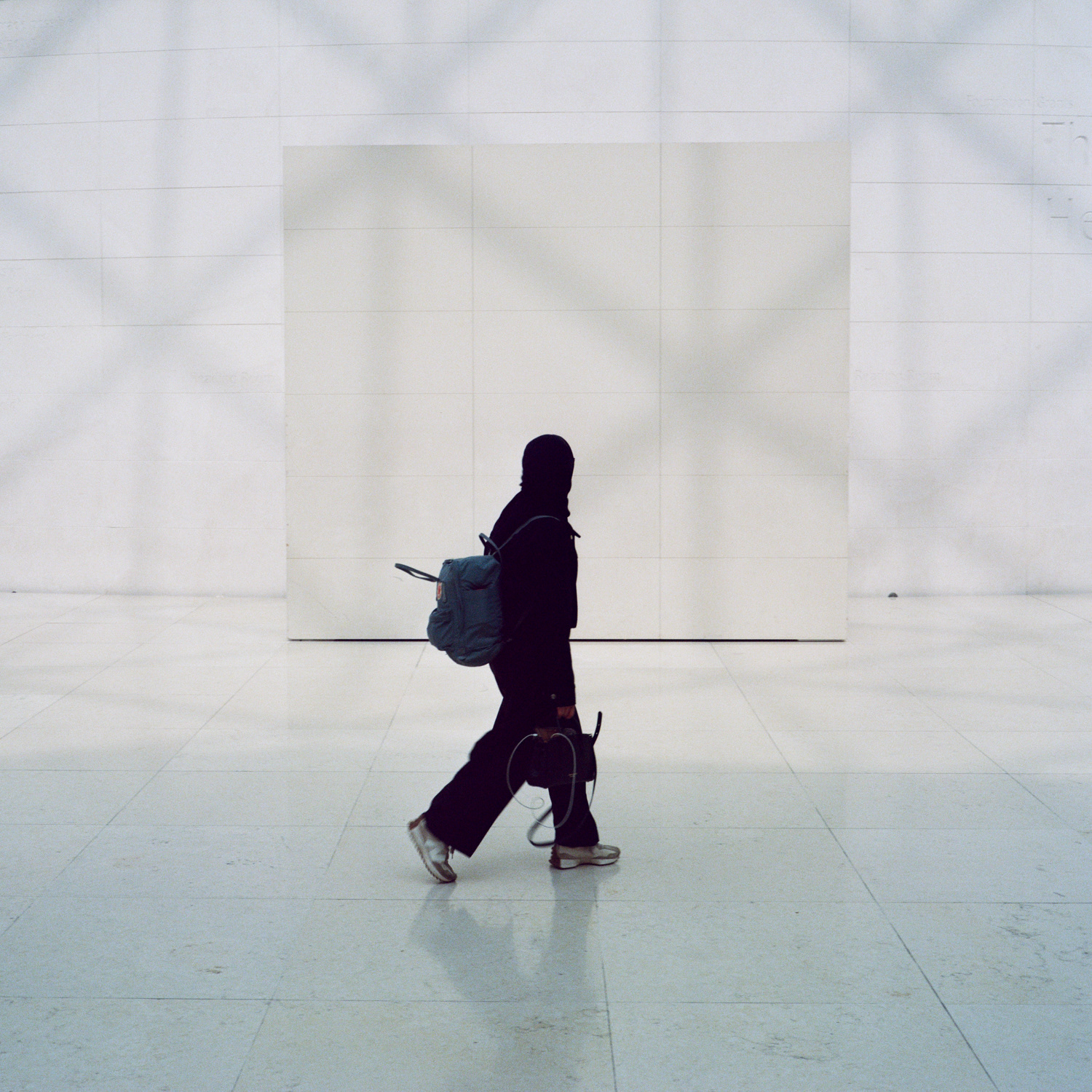
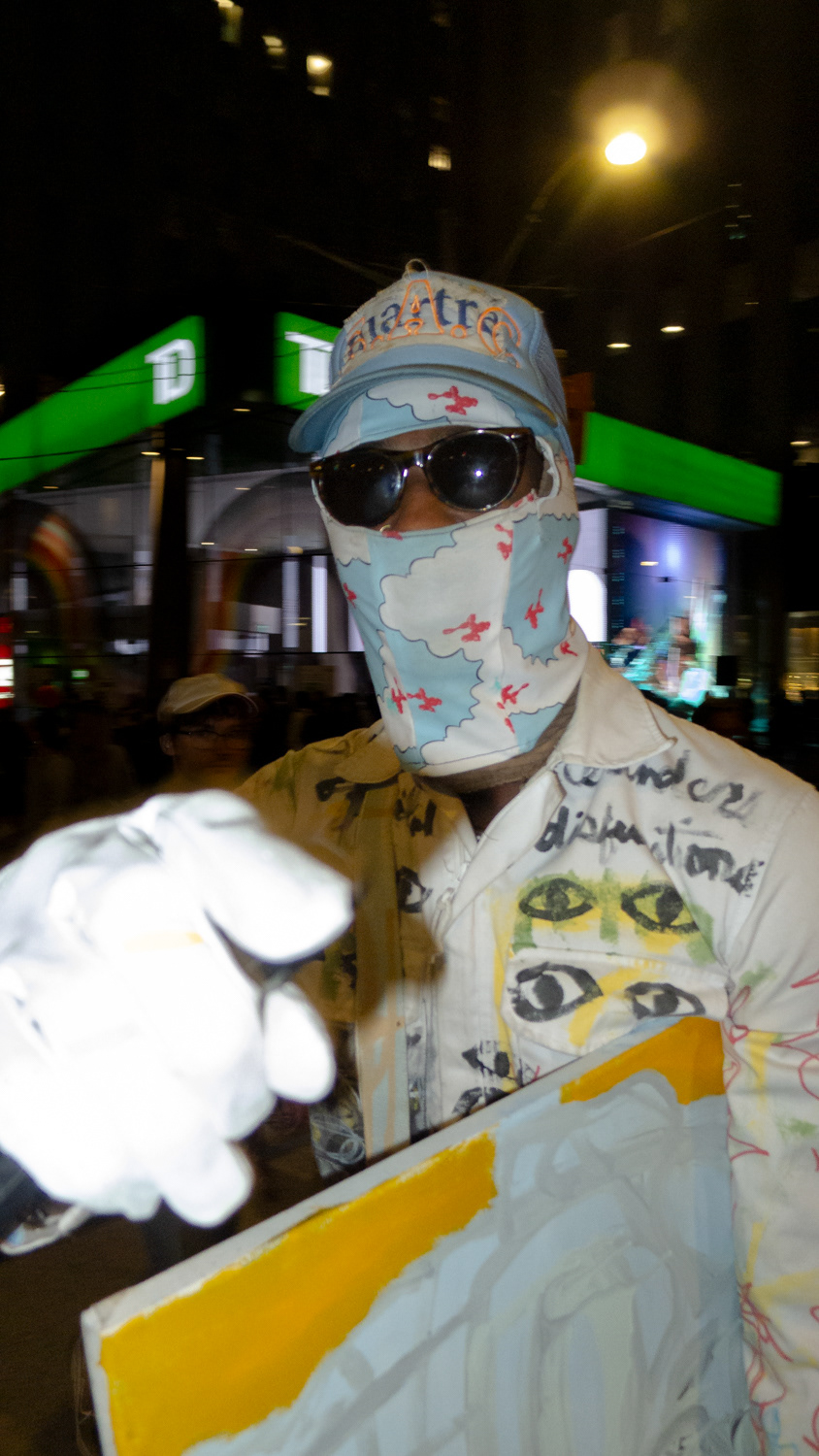
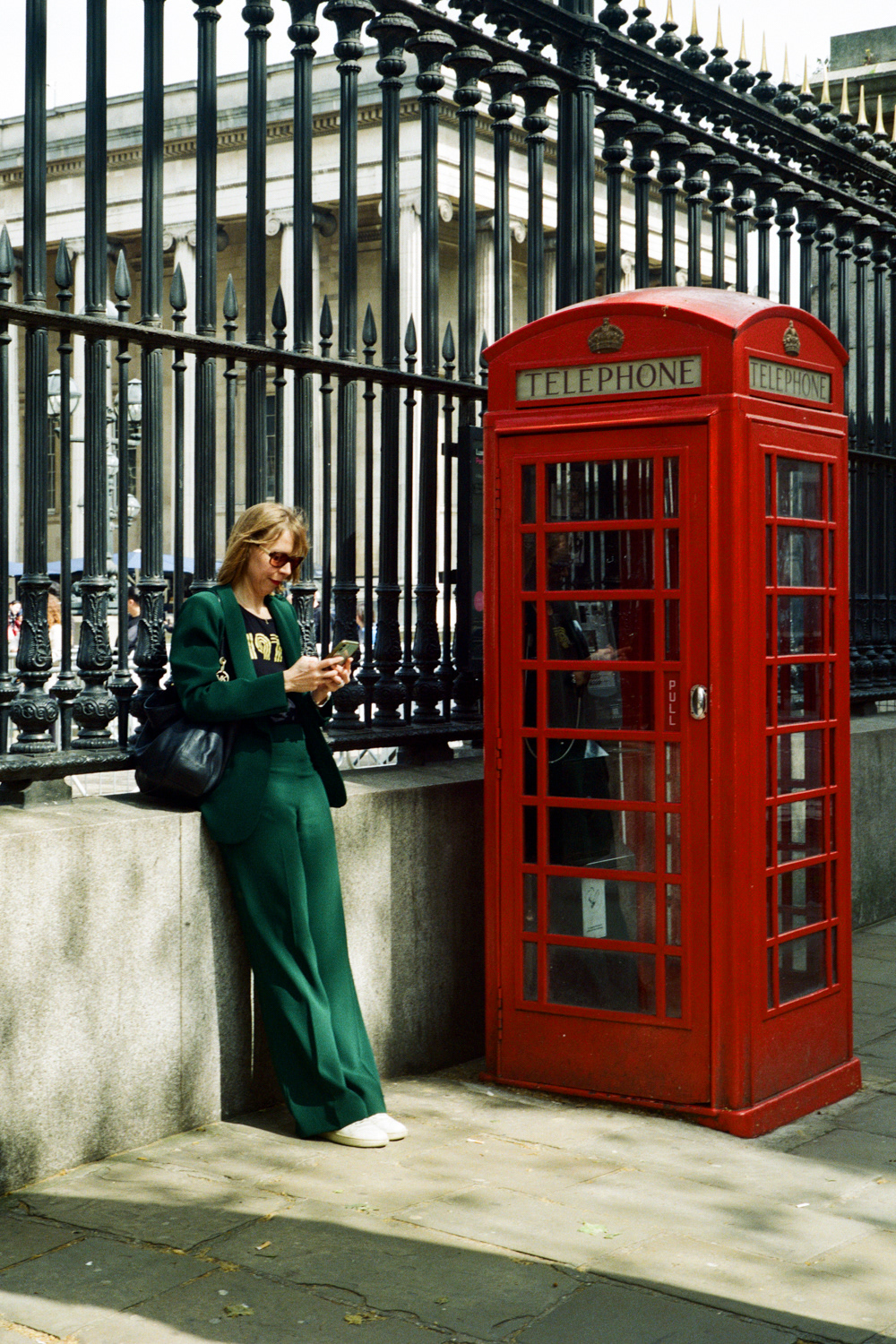
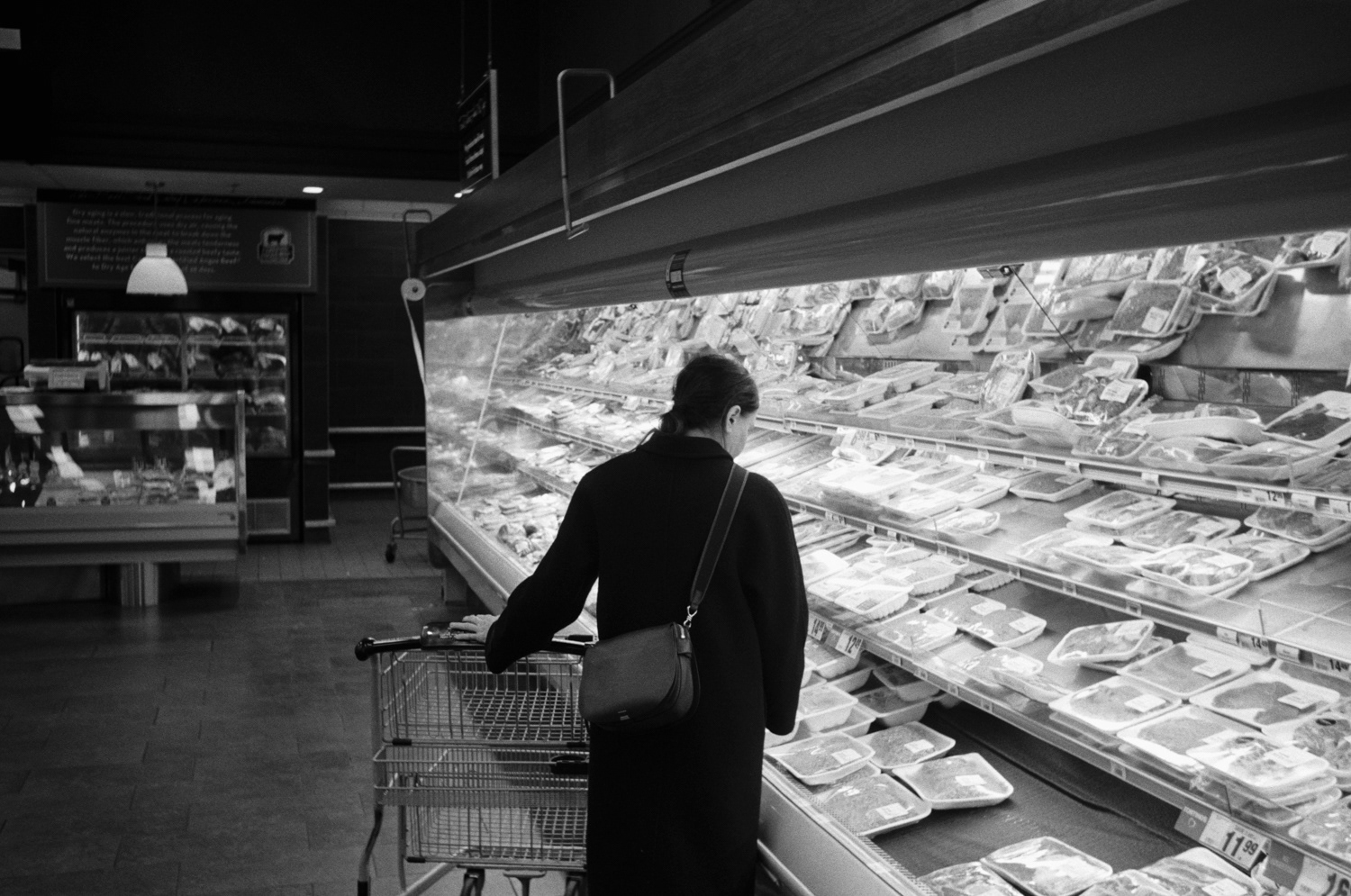
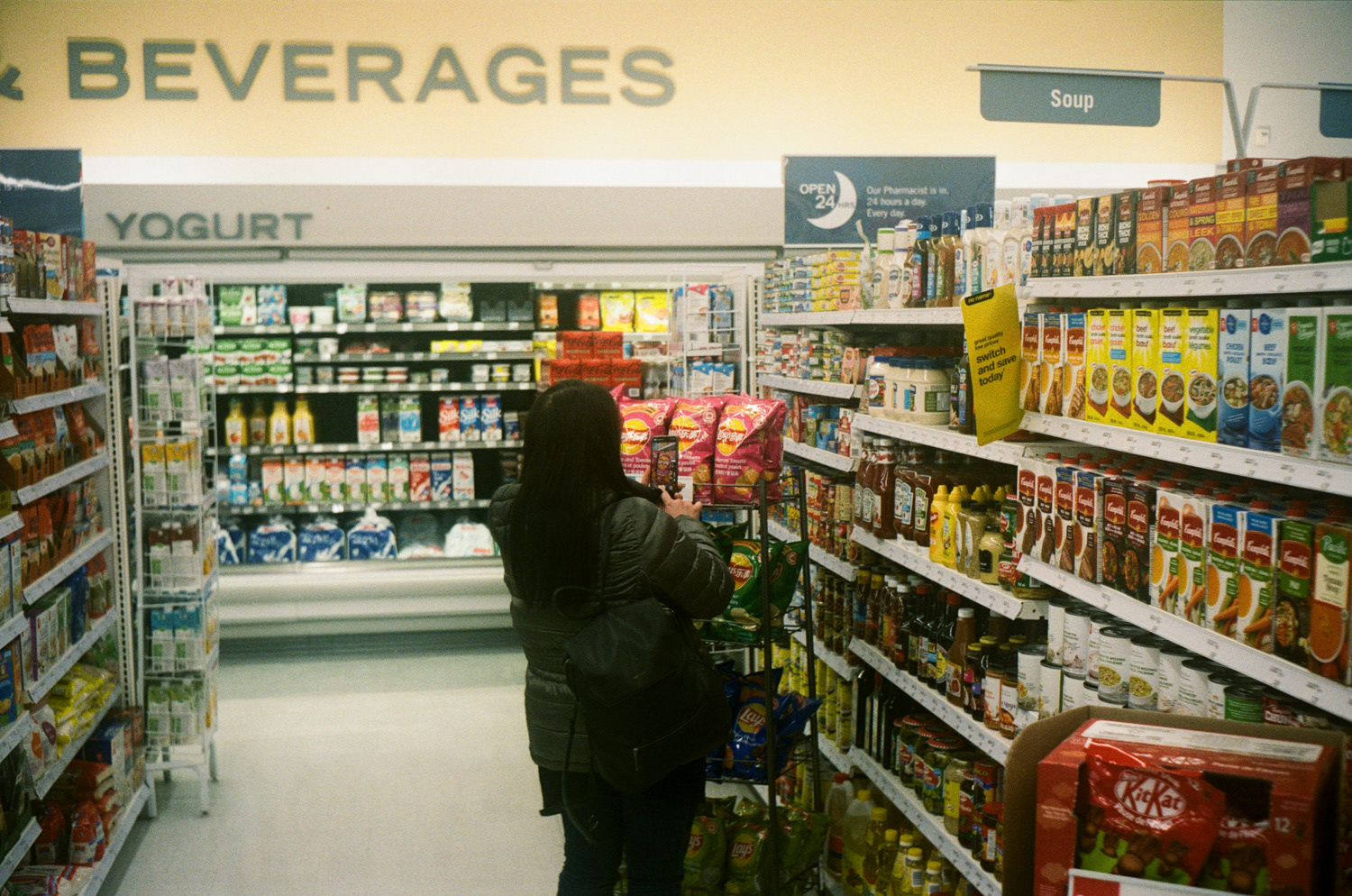
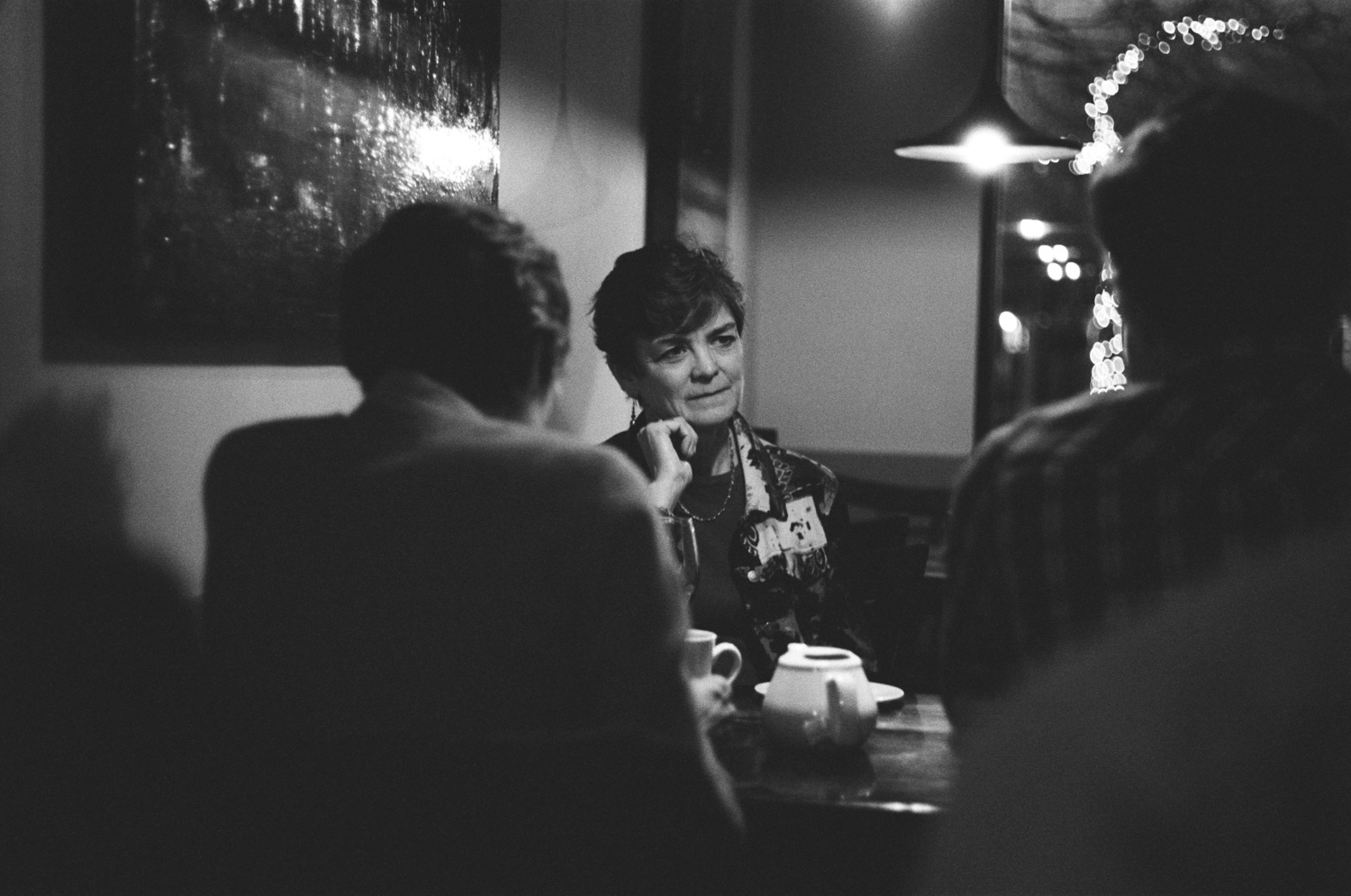
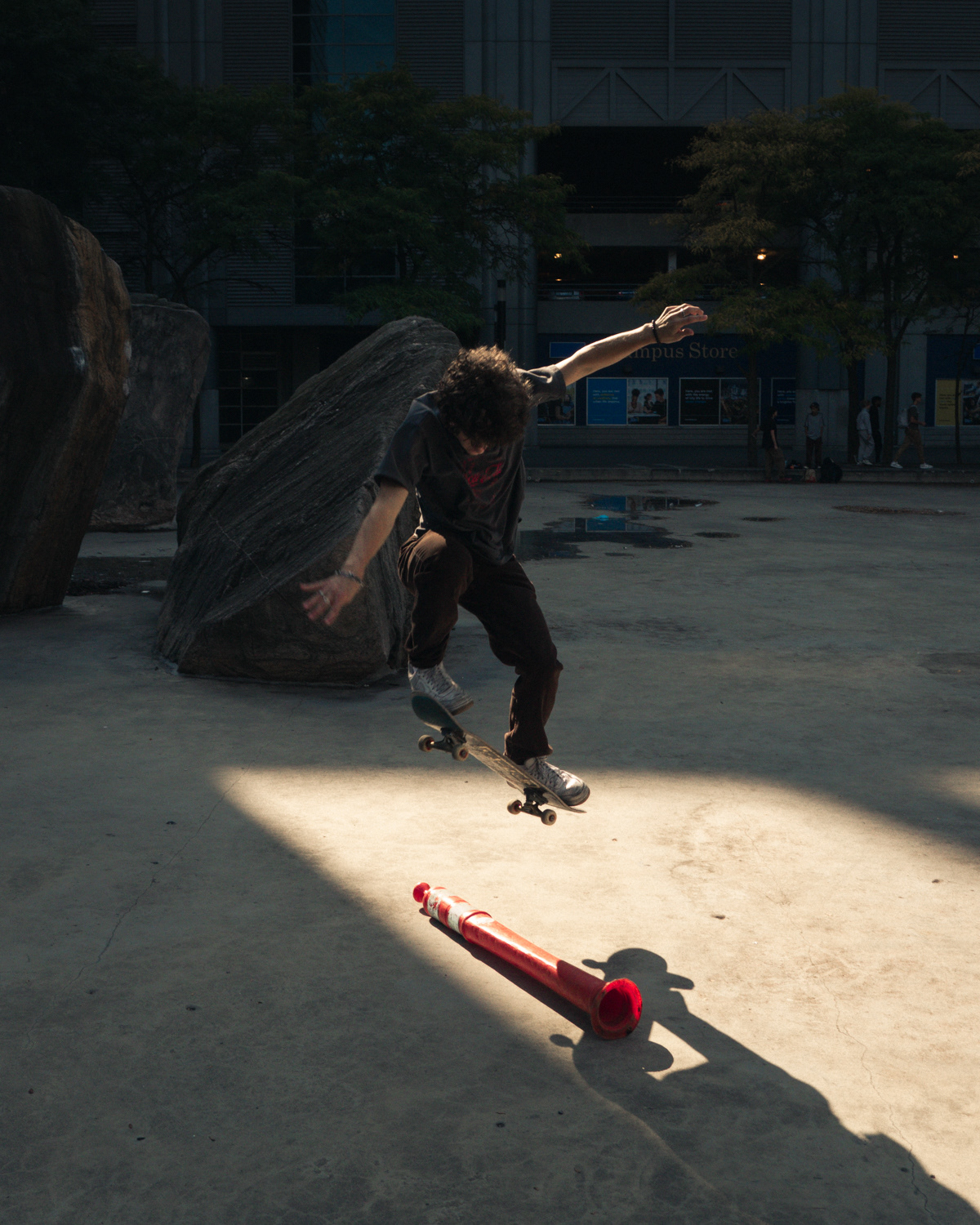
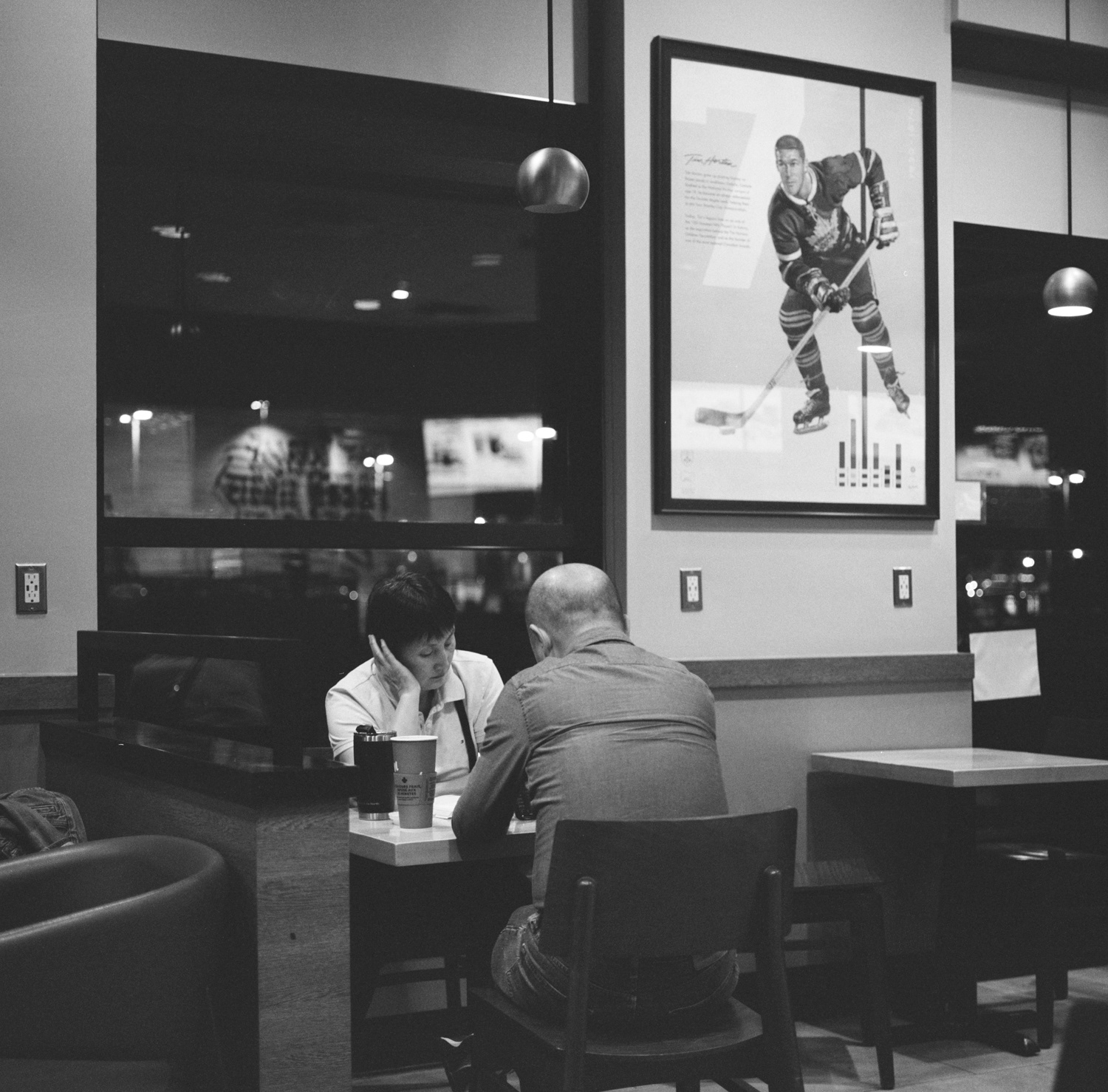
Street photography is something unlike many other disciplines of photography. Life is captured in it's most natural state. Many people will freeze up and put on a mask with a camera in front of them. They have a conflict of who they want to portray themselves as, which face to show. Street photography captures people as they truly are. The people in these shots are usually unaware of the photographer, completely ungaurded from the lens.
An image can be so indicative of the way humanity is right in that moment, captured in that split second. These photographs freeze time. When we look at the incredible works of Cartier-Bresson and other founding fathers of the "street photography" category we can't help but notice the difference in fashion and culture. It's something we can tell just by looking at an image. It's almost a tangible feeling. We as the viewer contrast this with our world and lives. We are forced to look inwards. Not only does street photography capture life but it also captures time. That is how the future human generations will look at street photos from the 21st century.
An image can be so indicative of the way humanity is right in that moment, captured in that split second. These photographs freeze time. When we look at the incredible works of Cartier-Bresson and other founding fathers of the "street photography" category we can't help but notice the difference in fashion and culture. It's something we can tell just by looking at an image. It's almost a tangible feeling. We as the viewer contrast this with our world and lives. We are forced to look inwards. Not only does street photography capture life but it also captures time. That is how the future human generations will look at street photos from the 21st century.
Street photography is especially meaningful in today's world where everything is posed and carefully thought out. Product placement, posed pictures and advertisements are all we see as a society. We are in a world that feeds on our consumption and street photography is there to document it all.